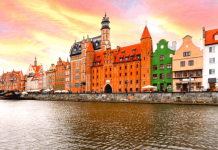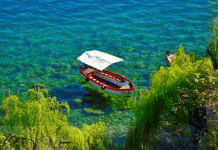Ecotourism is an emerging form of tourism that encourages communities, conservationists, government, businesses, and the entire travel industry to practice sustainability and care for the environment rather than profits and money.
From reducing carbon footprints to learning about a place’s culture and interacting with locals, ecotourism covers a wide range of positive and sustainable practices that every traveler must learn about.
Read on to discover more about what ecotourism is, how to prepare for an eco-friendly trip, and ways to be a better and sustainable ecotourist.
- Ecotourism – Sustainable and Responsible Tourism
- Why the World Needs Ecotourism
- Practicing Ecotourism
- Disconnect and Unplug
- Reducing Your Carbon Footprint
- Planning a Trip
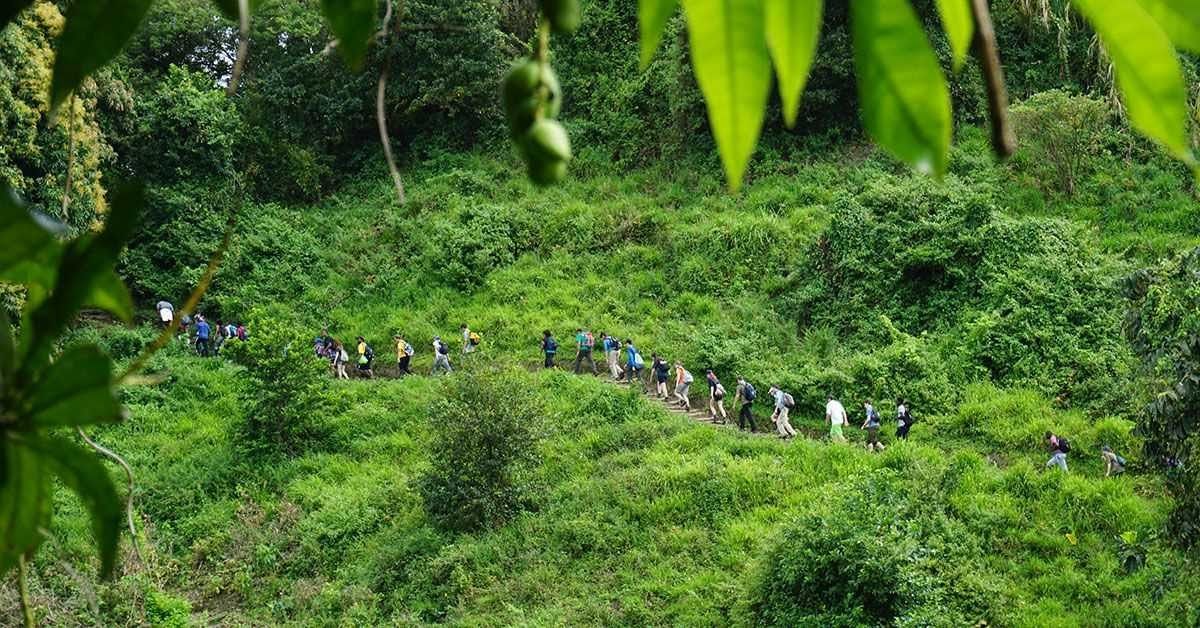
Ecotourism – Sustainable and Responsible Tourism
Ecotourism’s goal is for tourism to have a positive impact on the environment and decrease the damage that tourism creates in tourist spots and wildlife.
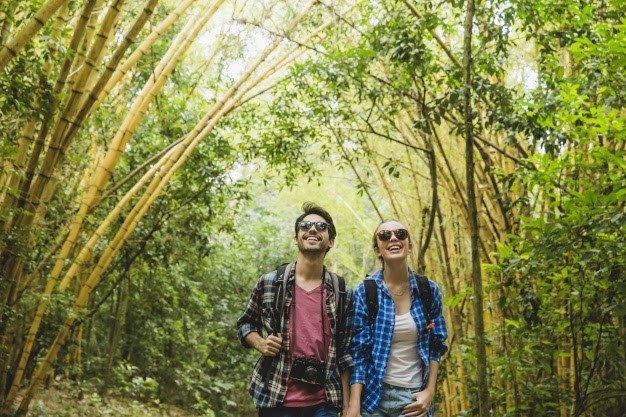
Tourists who partake in such activities are called ecotourists, and they tend to travel to unspoiled environments and avoid major tourist destinations.
Ecotourism is part of environmental conservation efforts and is guided by the principles of sustainability and responsibility when traveling.
Tourism for the People
Additionally, ecotourists have the opportunity to learn more about the locals who inhabit the area they are traveling to and help improve their way of living.
Ecotourism does not only help the environment but small and local communities as well.
This form of tourism can help uplift communities without destroying the environment and depleting natural resources.
Why the World Needs Ecotourism
Ecotourism helps the planet in various ways. Since ecotourism is all about protecting and conserving the environment, environmental degradation will be slowed down.
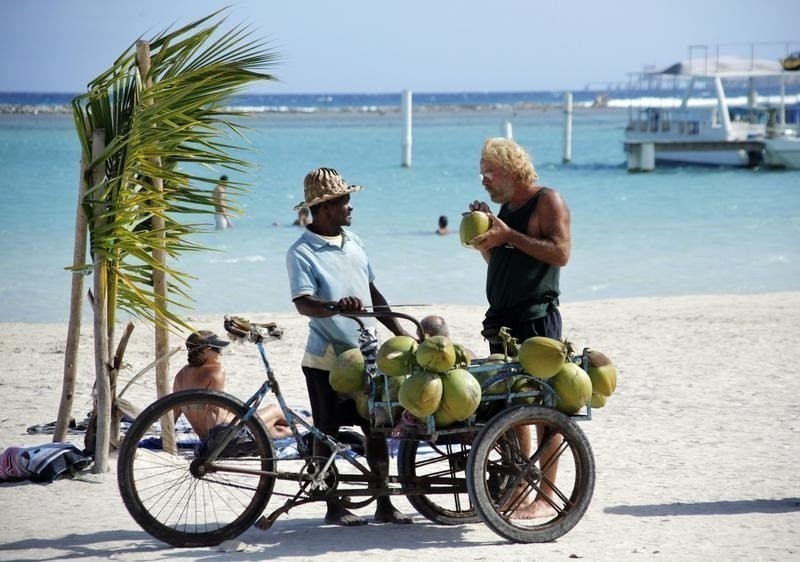
Local communities that do not thrive through industrial means will also benefit from ecotourism without sacrificing nature. Ecotourism can change the landscape of tourism by encouraging tourists to change their behavior and be more understanding and aware of people’s cultures and traditions.
While fast-paced tourism can lead to high revenues, it can also damage not just natural resources but also diminish culture and language. Tourist hotspots also often alienate locals through an increase in the cost of living which rises way above their means.
Because ecotourism is usually done on a small-scale rather than large-scale trips and tours, many communities have the opportunity to take ownership of how they want people to interact with their environment.
Building a Better World
Through ecotourism, the travel industry can lessen the negative impact of tourism on communities. Large-scale developments such as malls, resorts, and other commercial establishments rarely give back to the community after destroying much of its resources.
With communities working together to build better spaces that they can control and make a profit from, ecotourism will not only increase their income but can also help further promote their area for the world to see.
Moreover, tourists will learn to be better travelers and gain a better perspective with this type of tourism. They get to be closer to the beauty of nature and people through local activities and events.
Practicing Ecotourism
While there are certainly many ways in which ecotourism can be practiced and sustained, here are some practical tips on how you can take part in this movement.
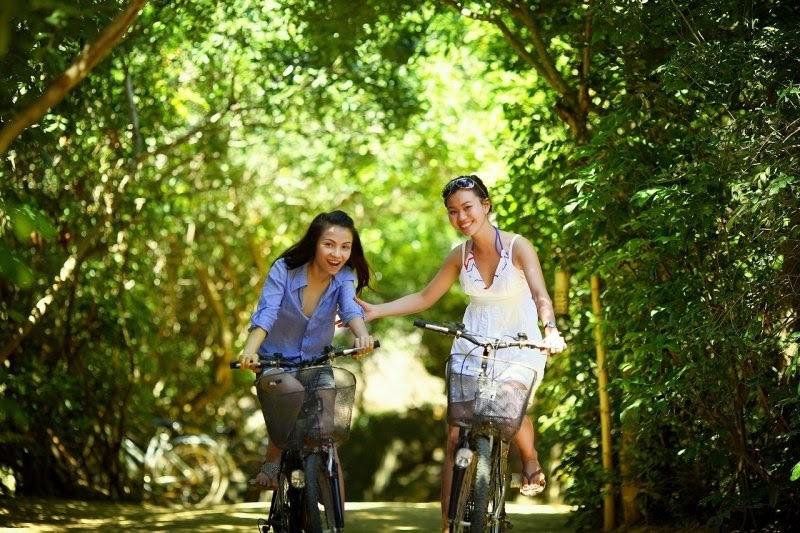
Your singular efforts, when taken collectively, can reduce the negative impact of traveling to the environment. Keep this in mind as you practice ecotourism.
The first thing that you can do is to pack lightly. Not only will you save money on baggage fees, but you will also increase the fuel efficiency of the aircraft you are flying in. Pack items that are reusable and washable.
Remember to conserve water and energy as you are depleting these resources every time you use them. Steer clear from hotel laundry services as they consume more water to wash even just the smallest pieces of clothes. When you leave your room, switch off your lights, air conditioning unit, and heater.
Go Local
Patronize local restaurants and shops instead of buying from global brands. Shop for produce from farmers’ markets and local growers. Help the community earn income by researching local brands and shops in the area.
As you roam around, be sure to always clean up after your visit. Bring a trash bag with you to pick up some litter and first. You can also spend your time volunteering at local NGOs, and other initiatives.
There are various ways of giving back to the community or area that you are staying in. Connect with locals and other organizations in the community to learn more about how you can give back to the people in your own way.
Disconnect and Unplug
Everyone is guilty of staying glued to their phones, snapping photos, and incessantly charging devices. Becoming a sustainable and responsible tourist entails living in the moment and immersing yourself in the community you are staying in.

There is an emphasis on the need to be culturally appropriate. If you are not sure how to interact with locals, ask them first. Take note of the cultural differences and nuances and be sensitive to people’s traditions.
Take some time to embrace the local culture and take in the music, art, cuisines, and even people! Be respectful of a community’s beliefs, traditions, and rules, especially when it comes to social media and recording or documentation.
The best thing to do is disconnect from the outside world and enjoy your travel experiences. Snap a few photos if you must, but be sure that your entire trip is not planned around getting that Insta-worthy photo.
Respect Flora and Fauna
Ecotourism does not believe in commercial zoos, where animals are locked up for entertainment and profit. Through ecotourism, you can responsibly enjoy visiting animals by seeing them in their natural habitats.
Not only will you further the cause of conservation, you will also be able to see that the animals are stress-free and well taken care of.
There is the very little negative impact that comes from human intervention in these conservation zoos and wildlife areas.
Reducing Your Carbon Footprint
One important aspect of ecotourism is reducing one’s carbon footprint when traveling.

Commuting to and from the place of origin and destination via plane and private transportation are some of the biggest culprits in creating a large travel-related carbon footprint.
Carbon footprints are inevitable, but you can reduce or offset these footprints. You can use an online carbon calculator to measure the carbon footprint of every activity, starting from your commutes, dining, accommodation, recreational activities, and others.
There are also some sites that you can visit to offset your carbon footprints. However, be careful as some companies will only use this advocacy to gain profit. Be sure to research legitimate and authentic carbon offsetting companies.
Visiting National Parks
National parks and natural reserves will help you lessen your carbon footprint. These institutions further the cause of conservation and habitat preservation and fight against pollution and deforestation.
Instead of exploitative practices such as slash-and-burn agriculture, mining, and logging, revenues from ecotourism are a much more viable and sustainable option. Moreover, people can also learn more about conservation efforts and take part in these advocacies.
A trip to national parks is a truly unparalleled experience. People will discover the beauty of nature and take the time to appreciate unspoiled environments.
Planning a Trip
Planning a sustainable and eco-friendly trip is much easier now than it was before. Platforms such as websites, search engines, and applications can lead you in the proper direction and help you plan your trip.
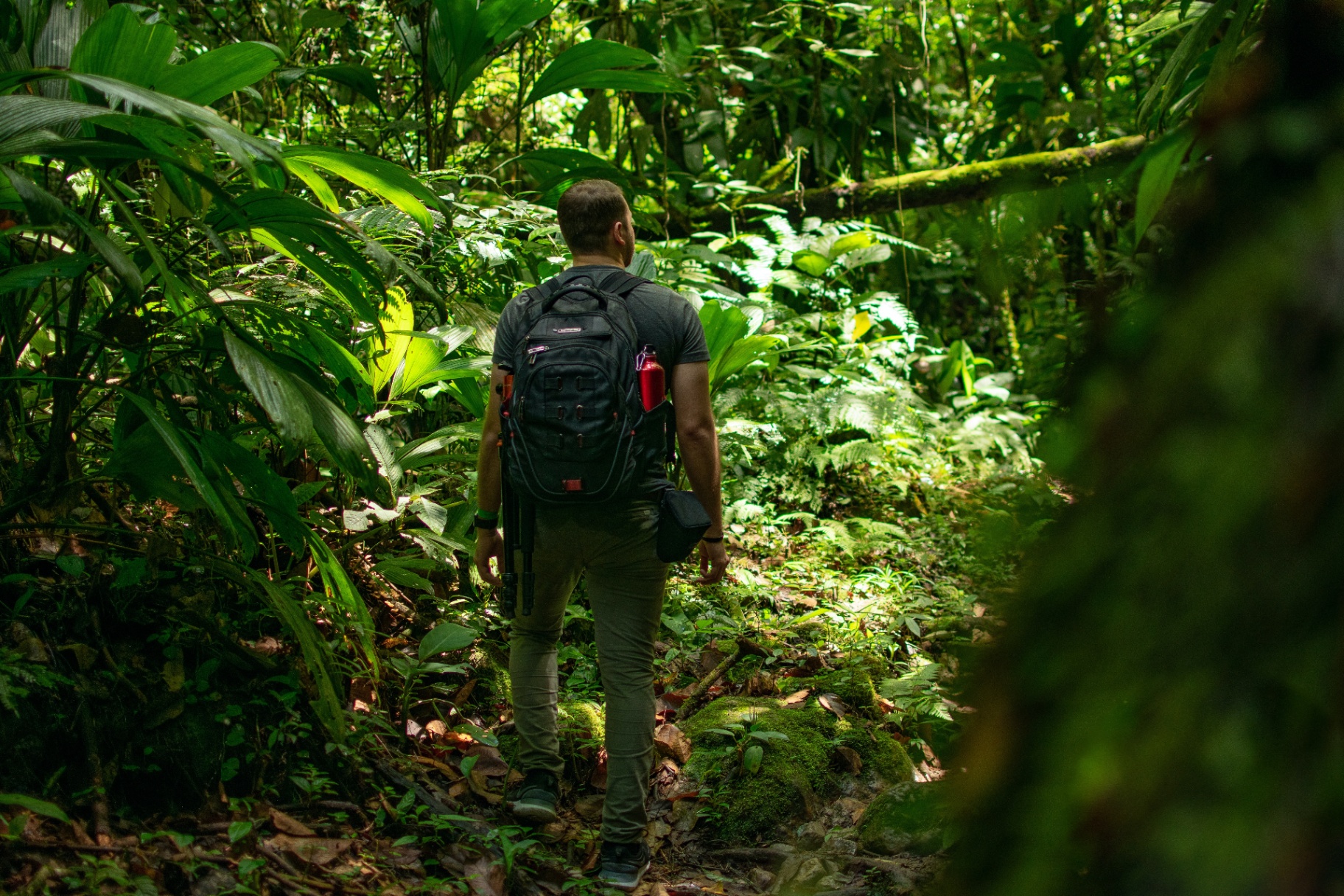
There are a lot of ecotourism destinations across the world, most notably Costa Rica, Iceland, Kenya, Antarctica, New Zealand, Ecuador, Chile, Philippines, Indonesia, and Finland.
Ecotourism is a key focus in Finland, as all travel is considered sustainable and responsible. It is a model in the practice of ecotourism and is thus one of the best places to go to.
Take into account your commute, travel, and accommodation options when choosing your destination. Eco-hotels or green hotels have grown in abundance over the past decade, so make sure to stay in one of them.
Go Green In Your Own Way
Sites such as the WWF Travel Helper will help you with your commute options, while Earth Check, Green Key, Fairbnb, and B’n’Tree can help you discern the “eco-friendliness” of a certain establishment.
Technologies to help travelers with their decisions on going green are still emerging and are still not mainstream. However, you can always help in your own way and practice responsible and sustainable travel.
Small acts such as booking a direct flight, not using disposables, and cleaning up after a visit will make a big impact when done collectively.
Conclusion
Ecotourism is truly one of the most effective and crucial steps to combat environmental decay from human activities. There is a need to advocate for this form of tourism and spread the cause of ecotourism.
Governments, organizations, and institutions are needed to join in to create large-scale efforts and maximum impact, but you can also help in your own way and do your part as a responsible tourist.























